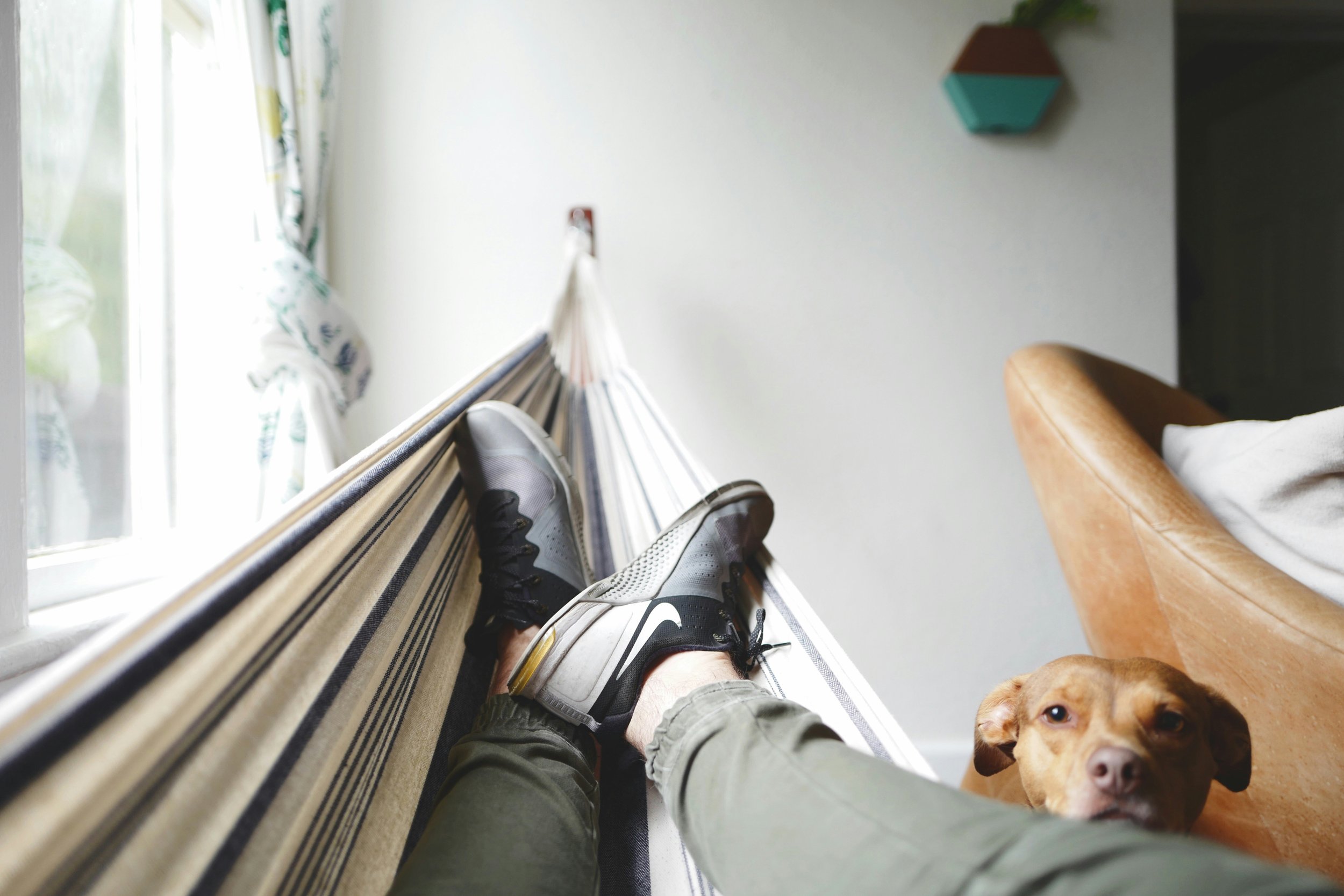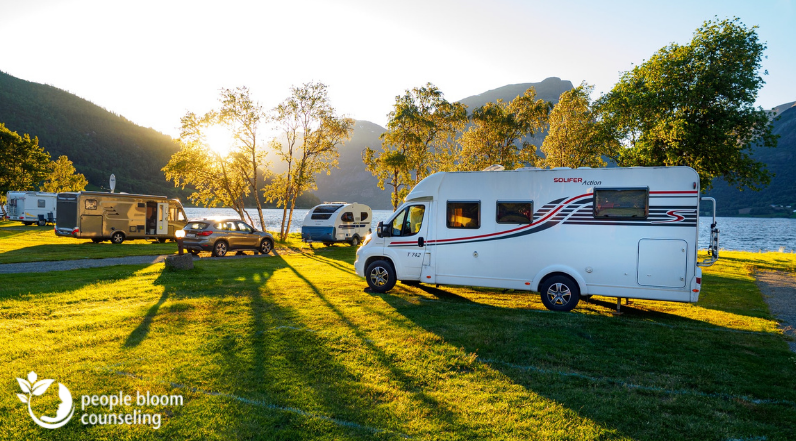Self-care isn’t a buzzword or an indulgence. It’s a necessity, a form of resistance, and for many, a radical act of survival. Before corporations marketed it as spa days and bubble baths, self-care had deep roots in Black and brown communities — especially among activists who understood that caring for themselves meant sustaining the fight against oppression. Audre Lorde, the Black feminist writer, famously said, “Caring for myself is not self-indulgence, it is self-preservation, and that is an act of political warfare.” When systems are built to wear people down, taking care of oneself becomes a way to push back, to do more than just survive.
A legacy of giving (and overgiving)
As a giver and helper, by both trade and lived experience as an immigrant woman of color, I know the impulse to overextend myself all too well. I see it in my parents, who go above and beyond for family and friends, often at the cost of their own well-being. It’s a legacy of care, but also of sacrifice. During the pandemic, I wrote about the importance of self-care and how easy it is to overlook our own basic needs.
But knowing this truth and living it are two different things.
Preparing to care—for both of us
Recently, I had to put this into practice in a way that felt both intentional and necessary. I was taking a family member to chemotherapy — a long day of waiting, attending, and making sure she was okay. In the past, I might have shown up with little thought to my own needs, running on fumes and a sense of service to others. But this time, I did it differently. The night before, I spent 45 minutes preparing — not just for her, but for me. I set up my kettle for hot water, packed my tea, and prepped my green tea latte for a day of hydration. I put together a big-ass salad because I knew I’d need something light and nourishing that doesn’t put me into a food coma. I packed sweet and savory snacks of various kinds. I brought my Kindle in case there was downtime. I gave myself choices, in case I had this or that need.
Honoring my own needs
I preserved energy at the clinic because I knew that waiting makes me tired. I sat, I stood up, I moved when I needed to. I reminded myself that no one can care for me like me, because I am intimately aware of what I might need on a day like this. After the long day of treatment I let myself take a nap on her couch before heading home, whereas before I might have tried to use the last of my fuel for conversations.
Writing, resting, and fierce self-care
It has been many months since I last wrote, and even waiting to write is a part of self-care. Not everything needs to be done immediately. Resting, reflecting, and allowing space for oneself are just as important as taking action.
All of this was fierce self-care. Not an afterthought, not a luxury, but a deliberate act of sustaining myself so I could sustain someone else. Because being there for others meant I also had to be there for me.
You deserve the care you give
Too often, those of us who give — whether by culture, upbringing, or profession — forget that our own well-being matters just as much as the people we serve. Taking care of ourselves allows us to keep showing up. And if we want to do more than just survive, if we want to care fiercely, we have to start with ourselves.
If you’re feeling depleted, stretched too thin, or like you’ve lost yourself in the care of others, therapy can be a way to reclaim your well-being. At People Bloom, we help people like you set boundaries, prioritize yourself, and engage in self-care as an act of resistance.
Ada Pang is the proud owner of People Bloom Counseling, a Redmond psychotherapy practice. She helps unhappy couples find safety and connection in their relationship. She also helps cancer thrivers and their caregivers integrate cancer into their life stories. Some days, she’s better at following her own advice than other days, but what’s most important is that she doesn’t stop trying.





